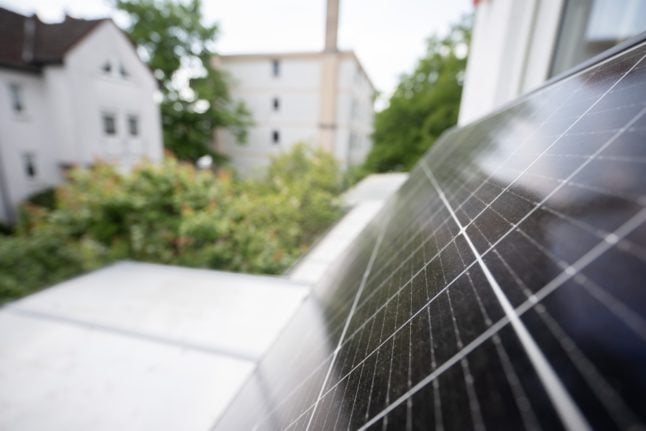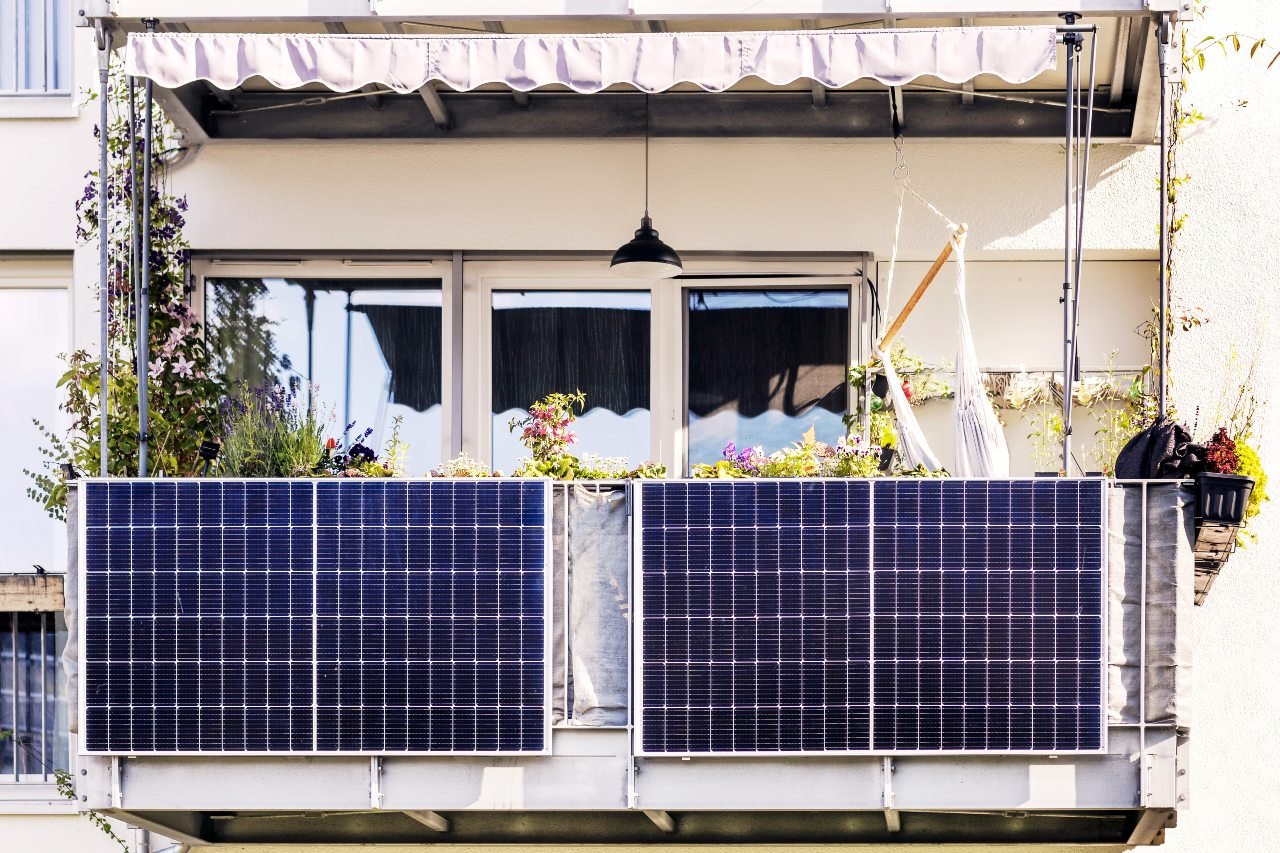German Chancellor Olaf Scholz had said Friday that Berlin would “support the joint investigation” of the incident with Denmark and Sweden, in a video call with counterparts from both countries.
Faeser told the weekly Bild am Sonntag newspaper that she had agreed with her fellow interior ministers that the work would be conducted by a “joint investigation team under EU law” with staff from the three countries.
“All indications point to an act of sabotage against the Nord Stream pipelines,” she was quoted as saying.
She added the team would bring in expertise from “the navy, police and intelligence services”.
READ ALSO: Sweden and Denmark say Nord Stream blasts equal to ‘several hundred kilos of TNT’
Authorities are practicising “increased vigilance” to protect Germany’s energy infrastructure but said there were “no concrete threat indications for German sites — as of now”.
Faeser had told the daily Sueddeutsche Zeitung on Friday that German police were patrolling the North and Baltic Seas with “all available forces” following the explosions, in cooperation with neighbouring countries.
The Nord Stream pipelines, where flows have been halted since the end of August, were key arteries for the delivery of natural gas directly from Russia to Germany.
The source of the explosions has remained a mystery, however, with both Moscow and Washington denying responsibility.
Norway, which has become Europe’s biggest supplier of natural gas, said earlier Friday it had accepted military contributions from France, Germany and Britain to secure its oil and gas sector.
READ MORE:




 Please whitelist us to continue reading.
Please whitelist us to continue reading.
Member comments